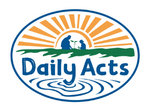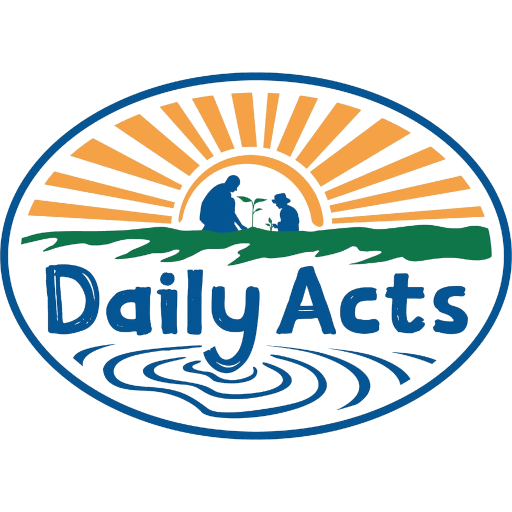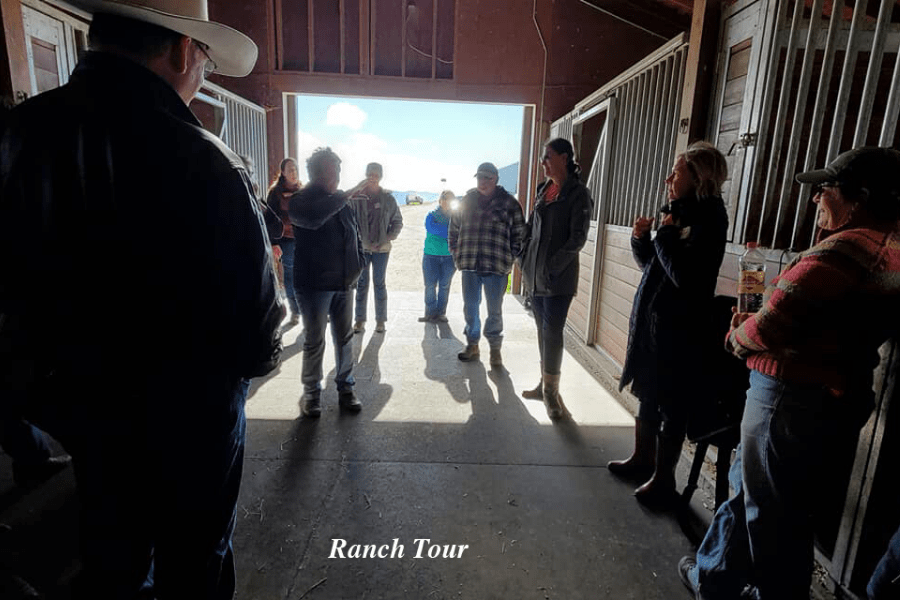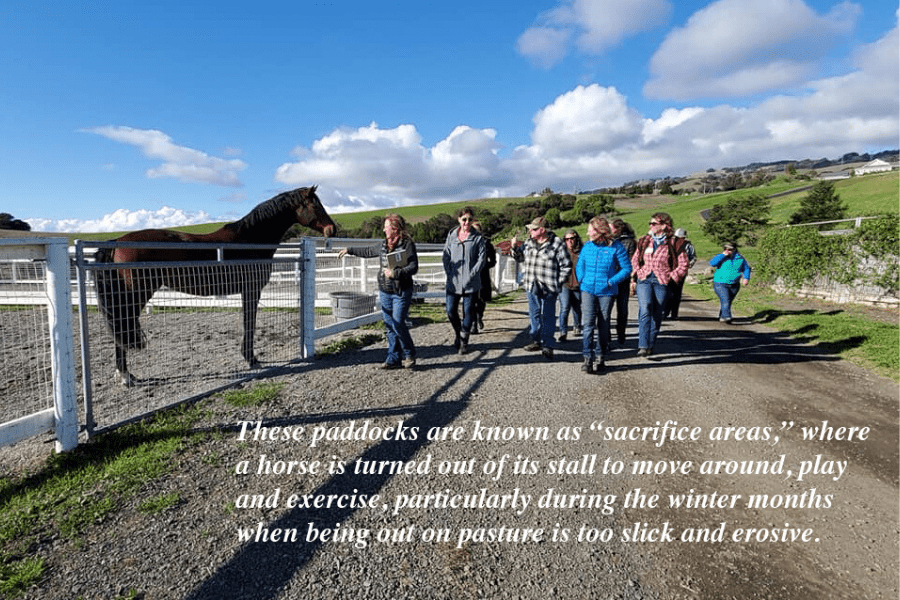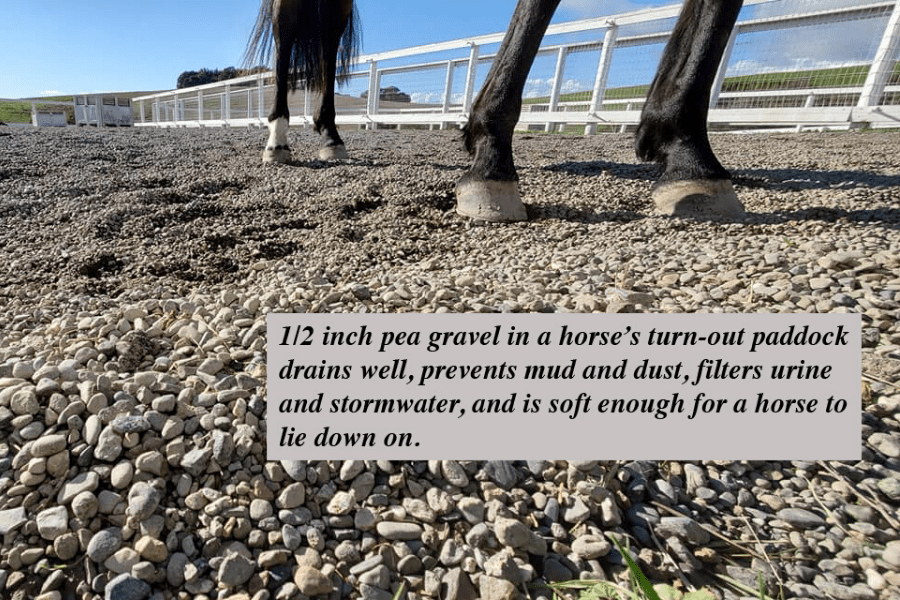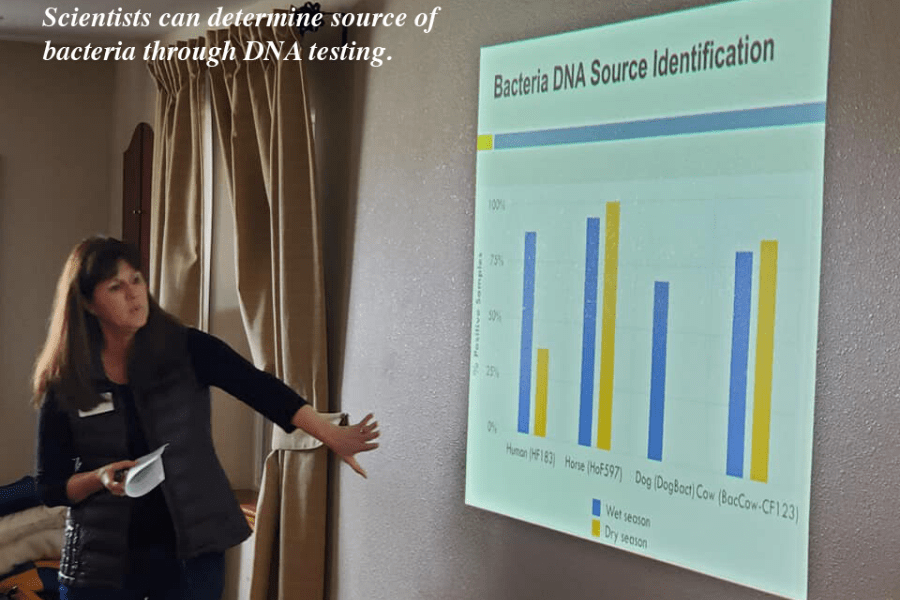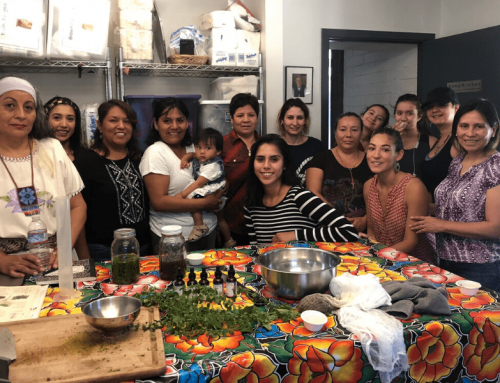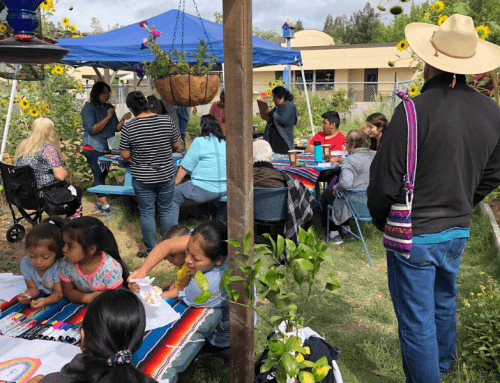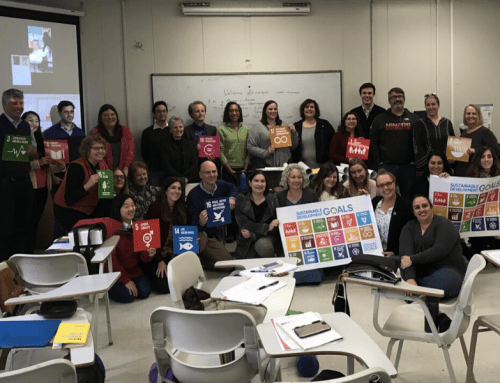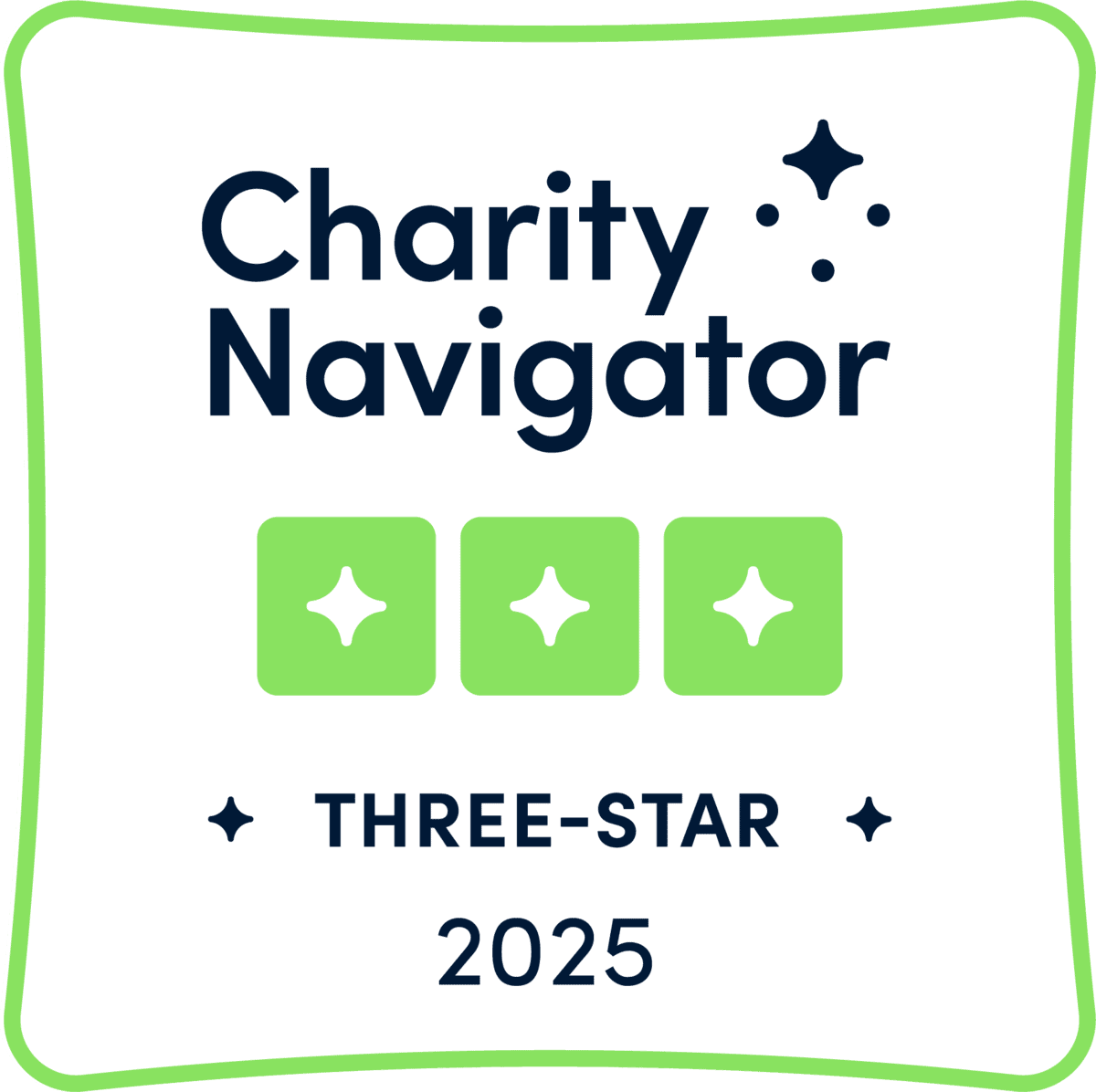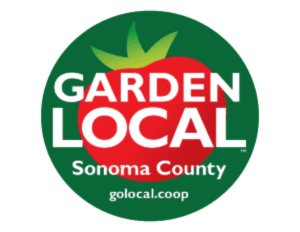In early March, 2020, Daily Acts held their 4th annual Sustainable Equine Management Workshop at Sienna Mountain Ranch in Petaluma. This year we partnered with the Sonoma RCD, the NRCS and the San Francisco Bay Regional Quality Control Board to educate horse enthusiasts and equestrian facilities about new regulations requiring best land management practices for all livestock in watersheds testing positive for coliform bacteria and pollutants. Because there are now more horses (approx. 25,000) in Sonoma County than cattle, we believe this demographic is a significant target for educational opportunities that our organization can provide.
Like any grazing animal, horses can be severely destructive to the landscape if managed poorly, or an important solution to soil compaction and erosion, seepage and runoff of feces into seasonal creeks, ponds, and waterways ~ and yes, climate change if managed well. Through the implementation of migrational grazing (the way nature does it in the wild), mitigating mud and dust with rain gardens and proper footing, composting manure, and introducing natural pest control using native plants, fly predators, and owl boxes for starters, horses can become a means for creating healthy and fire-wise environments while sequestering carbon back into the landscape.
Our workshop began with a powerpoint presentation by our main speaker, Alayne Blickle, owner of horsesforcleanwater.com from Nampa, Idaho, who has provided educational seminars and workshops on horses and the environment for the past 30 years. Her down-to-earth style and inclusiveness created an atmosphere of camaraderie while inspiring class participants to become better stewards of the land. After a home-cooked vegetarian/vegan lunch, our local regulatory and service-oriented agencies gave a presentation and discussed what specific actions would be mandated by Regional Water Boards in order to make our watersheds healthier and higher-functioning. But before talk of regulations could make everyone worry too much, our local Resource Conservation District (RCD) and Natural Resource Conservation Service (NRCS) spoke about practical and financial assistance available through their offices to everyone willing to implement one or more best land management practices.
The day ended with a tour of the training facility where the workshop took place, giving participants great examples of the kinds of measures that could be taken to improve functionality and the health of the environment. There was a lot of information to absorb and digest, but the group came away with a lot of enthusiasm and great ideas to try at home.
